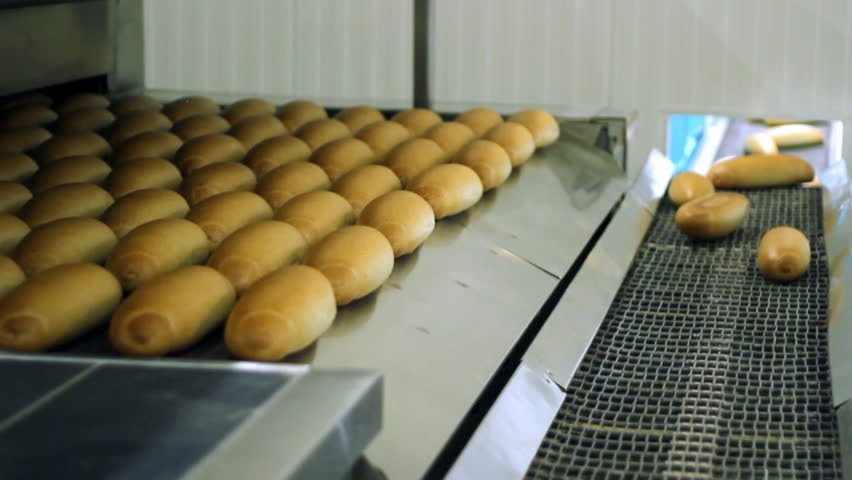Inside BENEO’s new pulse plant: pioneering sustainable protein from faba beans
To generate total investment of Rs 35,000 crore and 9 lakh skilled and semi-skilled employment
Minister for Food Processing Industries Harsimrat Kaur Badal has launched the PM Formalization of Micro Food Processing Enterprises (PM FME) scheme on 29th June 2020 as a part of “Atmanirbhar Bharat Abhiyan”.
Union Minister said that the Scheme would generate total investment of Rs 35,000 crore and generate 9 lakh skilled and semi-skilled employment and benefit 8 lakh units through access to information, training, better exposure and formalization. The guidelines of the Scheme were released on the occasion.
Speaking about the challenges faced by food processing sector, Badal said that the unorganised food processing sector faces a number of challenges which limit their performance and their growth. She added that these challenges include lack of access to modern technology & equipment, training, access institutional credit, lack of basic awareness on quality control of products; and lack of branding & marketing skills etc. She shared that owing to these challenges, the unorganised food processing sector contributes much less in terms of value addition and output despite its huge potential.
The Scheme adopts One District One Product (ODODP) approach to reap benefit of scale in terms of procurement of inputs, availing common services and marketing of products. The States would identify food product for a district keeping in view the existing clusters and availability of raw material. The ODOP product could be a perishable produce based product or cereal based products or a food product widely produced in a district and their allied sectors. Illustrative list of such products includes mango, potato, litchi, tomato, tapioca, kinnu, bhujia, petha, papad, pickle, millet based products, fisheries, poultry, meat as well as animal feed among others.
Preference would be given to those producing ODOP products. However, units producing other products would also be supported. Support for common infrastructure and branding & marketing would be for ODOP products. The Scheme also place focus on waste to wealth products, minor forest products and Aspirational Districts.
The Scheme places special focus on capacity building and research. NIFTEM and IIFPT, two academic and research institutions under MOFPI along with State Level Technical Institutions selected by the States would be provided support for training of units, product development, appropriate packaging and machinery for micro units.

